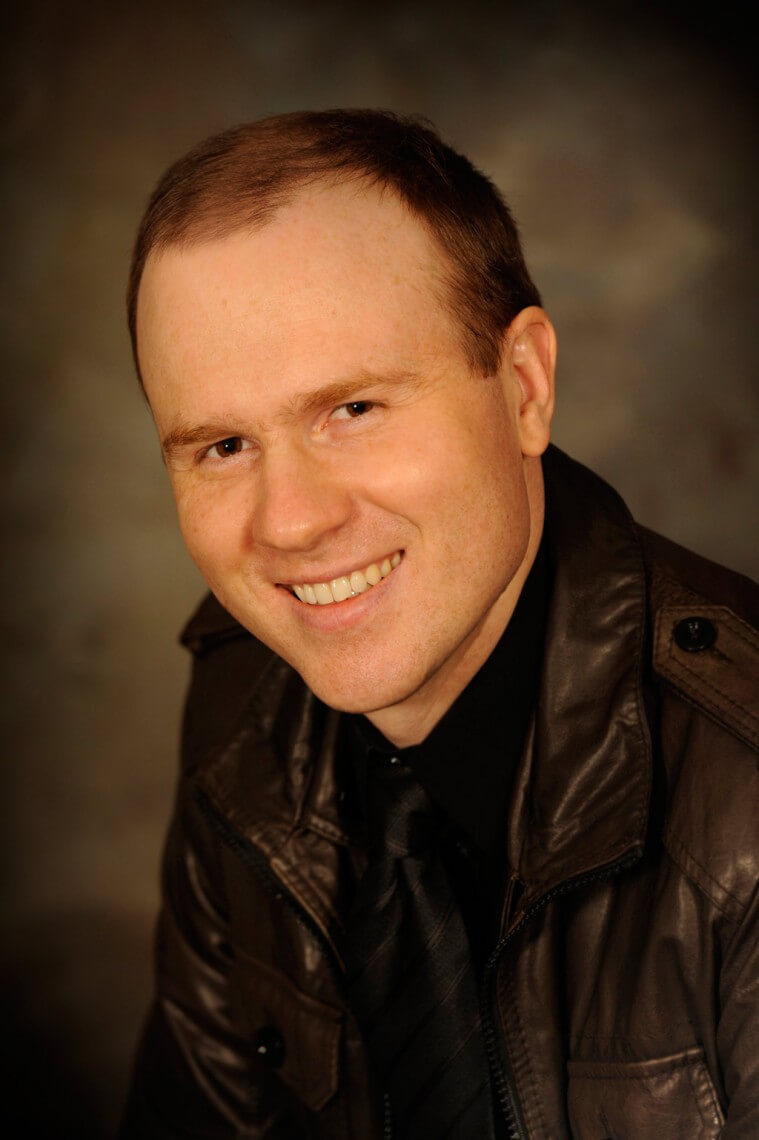
Born in Poland, raised in Germany, educated in the United States and now living in Toronto, composer Norbert Palej has experienced the extremes of the compositional world, from the modernist residues of continental Europe to the populism of American conservatories. Palej’s music bears the traces of his education, but his recent work often contains a dialogue with his Polish heritage, such as his 2014 commission from New Music Concerts, “The Grey Hour”, an evocative tone poem based on Polish peasant life, or his short song cycle, “Four Lyrical Moments”, based on the poetry of the Polish writer Halina Poświatowska. Palej’s music frequently bears a humility and emotional directness that is occasionally hard to find in contemporary music, and his short and direct answers show that sometimes it is best not to talk about music but rather to listen and discover the meaning for one’s self.

Playlist
Symphony No. 1 (2013)
Symphony No. 2 ‘Ihr Hohlem Lüfte’ (2015)
Violin Concerto ‘In Memoriam Steven Stucky’ (2016)
#1. How do you write your music?
In short bursts, separated by periods of searching. The bursts are a result of (self-induced) inspiration, which happens every 2-3 days. The search is the process of distilling emotion. Nowadays, I reject anything that originates in reason, and accept only those solutions that fulfill two conditions: 1) I don’t understand them, and 2) they feel right. I notate straight into Sibelius.
#2. When do you write your music?
When working on a given piece, I “show up for work” every morning for about 2-3 hours. During that time, when inspired, I compose for anywhere between a few minutes to 1-2 hours.
#3. In classical music, there is the concept of a “canon” of music, which is used by classical music establishments to monitor repertoire and assign a qualitative value to works. How valuable is this “classical canon” to you as a contemporary composer?
There is no such thing as “qualitative value” for art. It is either meaningful or not; there are no ranks. Meaningful art captures something real: a unique human experience. Everything else is just ink on paper, usually, a lot of ink wasted to impress someone else. Instances of true art are few and far between. The canon is dead – a fossil. Fossils are beautiful and inspiring; they tell us: memento mori. While snobs argue about “qualitative values”, art lives and bleeds.
#LUDWIGVAN
Want more updates on Toronto-centric classical music news and review before anyone else finds out? Get our exclusive newsletter here and follow us on Facebook for all the latest.
- PREVIEW | U of T Faculty of Music Brings Salvatore Sciarrino to Toronto - January 27, 2017
- PREVIEW | The Music Gallery Gears Up For The Viking Of 6th Avenue - November 25, 2016
- SCRUTINY | Esprit Orchestra Salutes The Legacy Of R. Murray Schafer - October 28, 2016



